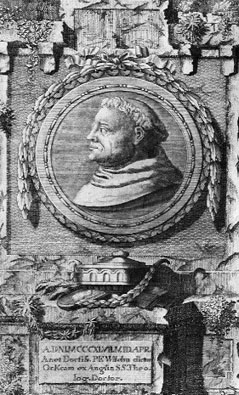
Castrucci first addresses how the idea of potency can change the meaning of the power ascribed to an omnipotent God. Sweeping through the history of Western philosophy of law the Author deals with the metaphysical idea of potency as defined by Spinoza and Nietzsche, upsetting entrenched theories of jurisprudence. However, Chatton's Principle does succeed against two particular applications of Ockhamist parsimony.Ī Critique of the Metaphysical Concepts of Power and Potency in the History of Western Jurisprudence. My ultimate conclusion is that while the Chatton Principle is not lacking in logical force, it does not offer much general leverage against Ockhamism. This dissertation gives an original interpretation of the Chatton Principle, which (i) refutes the claim that Chatton's Principle and Ockham's razor are complimentary principles (i.e., two sides of the same coin), (ii) refutes the claim that the method underlying the Chatton Principle is weak, and hence that the Principle is not a good rule but rather a 'magic wand', which multiplies entities needlessly, and (iii) subjects the corrected reading of the Chatton Principle to rigorous critique. Serious difficulties have arisen for specialists attempting to give an adequate interpretation of Chatton's principle and its underlying method. The Chatton Principle states that, under certain conditions, we can reason from affirmative propositions (e.g., 'Air is condensed', or 'A soul cognizes a stone') to very sure conclusions about what must ultimately be real.

Chatton's principle is therefore sometimes called the 'anti-razor' however, I have called it the 'Chatton Principle', following Chatton's own custom. Mediaeval philosopher Walter Chatton propounded a principle of plurality, which he opposed to William Ockham's famous principle of parsimony known today as 'the razor'.

The former are referred to as principles of plurality, the latter, principles of parsimony. These rules come in two types, those that tend to make us posit more entities, and those that tend to make us posit fewer. I call such principles rules of rational positing.

#WILLIAM OCKHAM ABOUT HOW TO#
Often, when philosophical disputes about what is ultimately real reach a high level of complexity, philosophers step back from the controversy to articulate rules which could settle the issues by showing us how to tell when a person is rationally required to posit an entity, i.e., to admit that it exists.


 0 kommentar(er)
0 kommentar(er)
